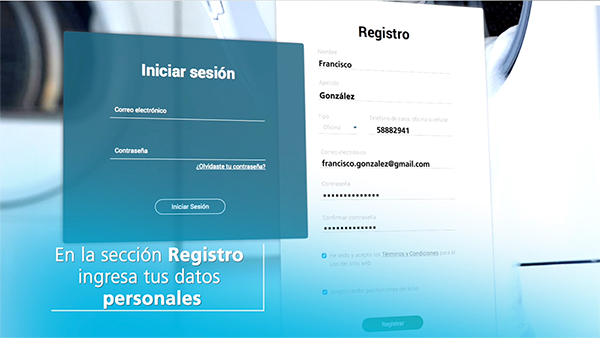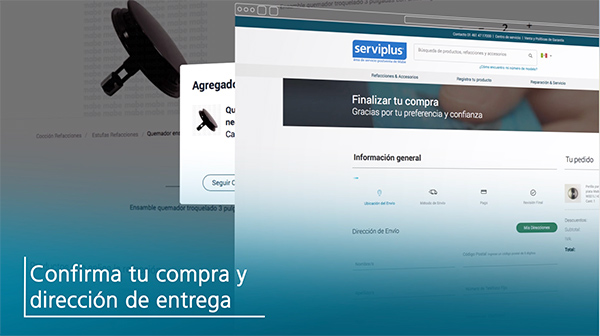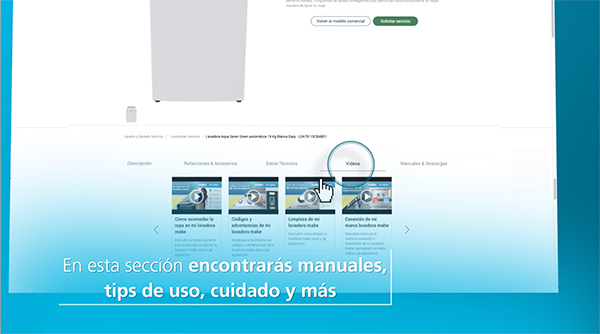- Why is fog coming out of my air conditioner vents?
Fog or smoke coming out the air vents is caused by cold dry air coming in contact with warmer, more moist air
near the air conditioner. If the air temperature near the unit is below Dew Point, this causes water vapor to
form in the air and condense into water droplets causing the fog or smoke.
A dirty filter or low fan speed may aggravate the condition. These conditions reduce airflow causing more or
slower exposure of the cold air to the moist air. The higher the humidity in the room the worse the fog or smoke
may be.
- Check and clean the air filter if dirty.
- Running the fan on High speed will cool the room air faster.
The fog or smoke should disappear rapidly, usually in less than a minute or two, as the air conditioner removes
the humidity from the air and the room air becomes cooler.
- My air conditioner is not cooling well or is not cold enough.
If the room air conditioner is not cooling well, check the following:
- Check to make sure nothing is blocking the front of the air conditioner. When the unit is blocked by
curtains, blinds, or furniture, the air flow is restricted and cooling performance will be affected.
- Make sure the air filter has been cleaned in the last 30 days. Filter removal and location varies depending
on the individual model.
- If there is ice on the coils, then the outdoor temperature may be below 70 degrees. The best way to prevent
ice on coils is to not run the unit if the outdoor temperature is below 70 degrees F. If the temperature is
close to 70 or you are unsure of the temperature, you can turn the thermostat to a warmer setting, set the
fan switch to the highest position.
- Check the thermostat setting. The highest setting will provide maximum cooling.
- Check outdoor temperatures. Operating a room air conditioner if the outdoor temp is 70F or below will limit
the cooling capacity of the unit.
- Check the indoor temperatures. If the room is 70 or below already, the thermostat cannot cycle the
compressor on.
- Consider the temperature of the room when the air conditioner was first turned on. If the room was very hot
it will take longer to cool the room. When heat is stored up in walls, furniture, rugs and draperies, it
will take longer to cool the room down. Whenever possible, turn the air conditioner on before the room heats
up.
- How do I clean my air conditioner filter?
The filter of a room air conditioner should be cleaned every 30 days to ensure unrestricted airflow.
- You can vacuum the filter or wash with warm water. If filter is very dirty, use a mild household detergent
in the wash water.
- Running a little baking soda water over the filter before rinsing it can help remove accumulated odor. Be
careful not to tear or damage the filter while cleaning.
- The filter cannot be cleaned in the dishwasher.
- Once filter is clean, allow it to dry before you reinstall.
- Do not use the air conditioner until the filter has been put back in place.
Filter removal and location varies depending on the individual model.
- My air conditioner is spitting water.
Room air conditioners have a “slinger ring” around the rear fan blade that picks up water in the base pan and
throws it against the condenser coils. This helps improve the efficiency of the unit and helps remove moisture
from the pan.
As the slinger ring throws the water against the condenser coils, you may see water spitting or dripping on the
outdoor side of the unit. This is normal.
If your air conditioner is spitting water inside the room, several things may be causing the problem:
- The base pan may be clogged with grass or dirt. If this is the case, the unit may need to be professionally
cleaned.
- The unit may be installed so that it is tilted slightly into the room. It should be level or tilted slightly
to the outside (about 1/4”).
- The air filter may need to be cleaned.
- My air conditioner is dripping or leaking water.
As warm moist (humid) air from the room passes over the cold indoor coil, water condenses on the cold indoor coil
and collects in the base pan where it flows to the rear of the unit. It is normal to see water dripping on the
outdoor side of the unit.
If water is dripping inside of the room:
- The unit may be installed so that it is tilted slightly into the room. It should be level or tilted slightly
to the outside (about 1/4”) so that any excess water will drip outside rather than leak into the room.
- Dirty filters can cause moisture to collect and drip on the floor.
- What are normal noises on air conditioners?
There are many normal noises associated with room air conditioners. Below are the more common noises:
- Air Flow Noise: An air conditioner must circulate indoor air to heat/cool the occupied space.
Therefore, air noise will be heard when the fan is operating.
- Thermostat Click: When the compressor cycles on and off a metallic sound may be heard. This is
considered normal.
- Water Dripping Outside: Air conditioners must be installed level or slightly tilted to the outside.
Consult the Installation Instructions for your model. On exceptionally hot and humid days the air
conditioner may permit excess water to drip on the outdoor side of the unit. This is considered normal
operation.
- Fan Runs Continuously: When the energy selector is in the cool or fan position, the fan will run
continuously. This is normal operation.
- Front grille loose: Room cabinet or moveable air directional louvers are loose or broken. They can be
fixed by adjusting them and snapping them back into place as normal.
- Improper installation: This may cause a vibration in window sill. Check that the side panels are
properly fastened to the window frame and window sill with screws.
- Beeping: When power is connected.
- My air conditioner with heat unit is not heating properly.
There are several things you can do to optimize the heating effectiveness of your unit:
- Make sure the mode switch or selector switch is set to HIGH HEAT and the Temperature Control to a higher number.
- Make sure the air filter has been cleaned in the last 30 days.
- Make sure nothing is blocking the unit’s air flow. Including furniture, drapes, tables, etc.
- Make sure the rear grille is not restricted. This may cause the unit to cycle off due to compressor overload.
- Use the Electric Heat option. This turns off the heat pump (on models so equipped) and will warm the room with electric heat only. Use of this option may cause your utility bill to increase.
- Check and adjust if necessary the air directional louvers upward to promote improved airflow.
- Check all windows and vents. Make sure the windows are closed and made sure the control for the vent is set to Closed.




